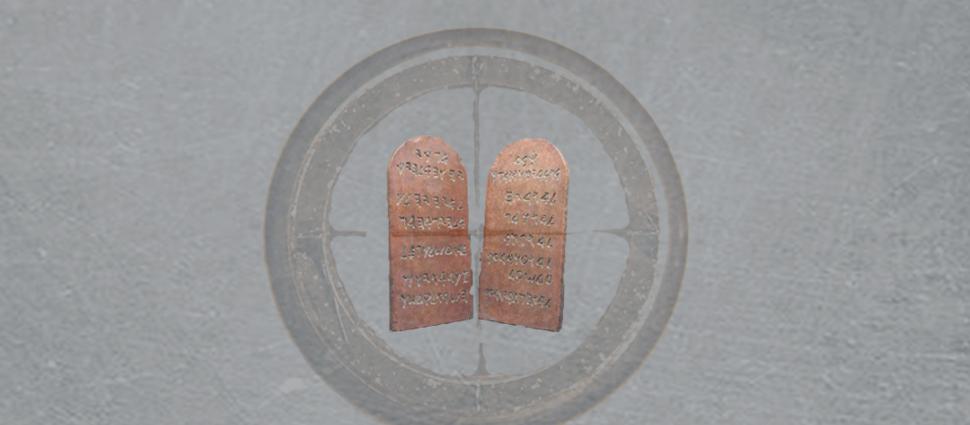Is the Law Our Greatest Enemy?

We live in days when God’s law is often regarded as humanity’s greatest enemy. We’re not surprised when an unbelieving world longs to burst God’s “bands” and cast away His “cords” in the unbridled pursuit of “liberty” (Ps. 2:3). What is surprising, however, is when Christian voices are attacking God’s Law and portraying it as the Christian’s greatest enemy too.
The puritan pastor Ralph Venning seemed to have encountered similar Christian attacks upon God’s Law. In his book, The Plague of Plagues, Venning wrote a “just vindication of the Law of God.” He based his remarks upon Romans 7 where the Apostle Paul wrestled through the question of how something as good as God’s Law proved so deadly to him. “Did that which is good bring death to me?” (v. 13).
As he developed his argument, Venning said that the Apostle answers his own question “by way of negation and abhorrence, 'God forbid!' Far be it from me or anyone else to think so! No! By no means! To find fault with the law would be to find fault with God. The law is not to be blamed. What is, then? for something is to be blamed.”
He then explained “that sin is the true cause of death. The commandment condemns, or is death to man, not of itself, but because of sin.”
In good puritan fashion, Venning then clarifies the issue with a simple illustration.
It is as if a criminal said to the judge, Oh, my Lord, how cruel and unmerciful you are to condemn me to die!
No, says the judge, it is not I, it is the law. I am only the mouth of the law.
No, says the law, it is not I, it is sin. If you had not sinned, I would not have condemned.
So, by the commandment, sin appears to be a desperate, malignant thing, the proper, true and only cause of man's condemnation and death.1
From this brief yet clear account of the text and context, Venning draws the following conclusions:
- The law of God as a whole and in every part is good. It is not only not sin, but good.
- The law, good though it be, when abused condemns and kills.
- Though the law condemns man's fault, and man for his fault, yet still the law is good and not to be blamed. The law is as good as ever it was; it is to be justified by man, even when it condemns man.
- It is not the law, but sin, that works man's death and ruin.
- Sin works man's death and destruction by that which is good, namely, the law. When sin has used man to break the law, it uses the law to break man, to undo him by condemnation and death.
If I could bring this into the 21st Century a bit: Just because the 9/11 terrorists used plastic box-cutters to threaten and subdue the airline pilots and passengers, doesn't mean we should direct a barrage of hostile verbal ammunition on box-cutters. Box-cutters are good and helpful; terrorists are evil and destructive. Lets stop targeting a friend and ally, save our hostility for sin, and send barrages of vocabulary against it.
Venning leads the charge with the following fusillade: “Sin is a most hideous, devilish and hellish thing, the most wicked, mischievous, virulent, villainous and deadly thing that ever was. Sinful sin! Worse than the Devil!” Sin is our greatest enemy, not the Law. Time to re-direct our fire.
1. An excerpt taken from The Plague of Plagues (link above). This work has also been republished under the title, The Sinfulness of Sin.





